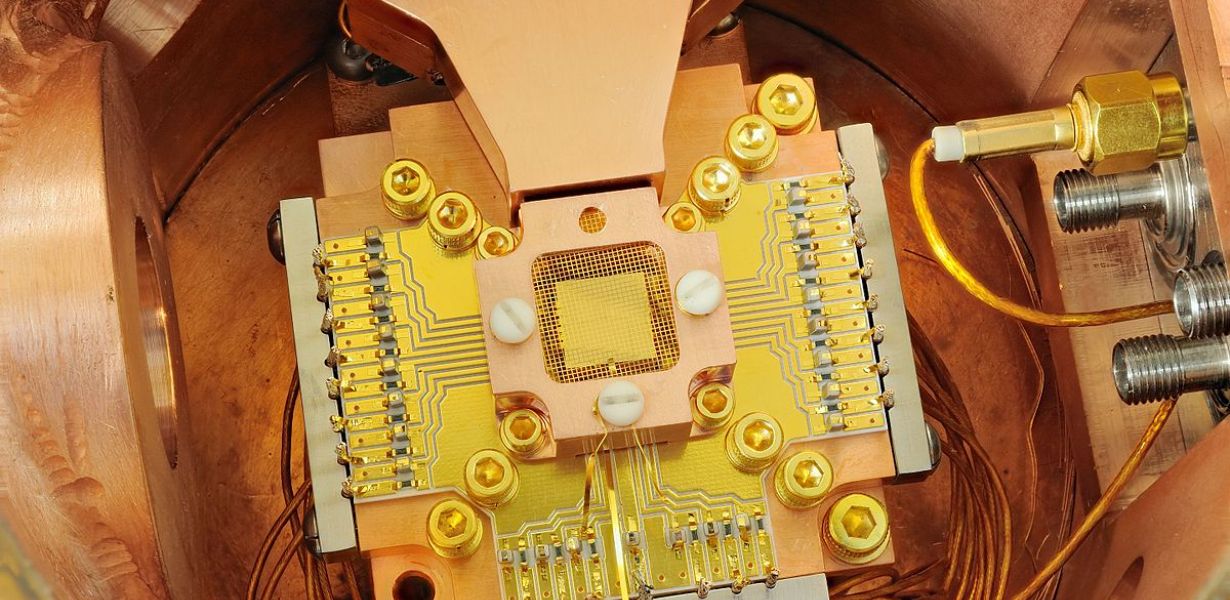
Quantum computing stands at the pinnacle of technological innovation, redefining the realm of electronics. While traditional computing operates on binary bits, quantum computing harnesses the principles of quantum mechanics, leveraging qubits to process information at an unprecedented scale and speed.
Understanding Quantum Bits (Qubits)
At the core of quantum computing lies the qubit, the fundamental unit of information. Unlike classical bits that can only exist as either 0 or 1, qubits exist in a state of superposition, representing both 0 and 1 simultaneously. This dual-state capability empowers quantum computers to perform vast calculations exponentially faster than classical computers.
Key Points:
Superposition: Qubits’ ability to exist in multiple states simultaneously.
Entanglement: Linking qubits, affecting each other’s state instantly regardless of distance.
Quantum Supremacy: Breaking Computational Barriers
Quantum supremacy marks the milestone where a quantum computer outperforms the most advanced classical computer in executing a specific task. Achieving this opens doors to solving problems that are currently impossible for traditional computers due to their complexity.
Key Points:
Applications: Advancements in drug development, cryptography, and optimization problems.
Challenges: Maintaining qubit stability and error correction.
The Race for Quantum Advantage
While quantum supremacy garners attention, the pursuit of quantum advantage is equally crucial. Quantum advantage signifies achieving practical computational benefits in real-world applications, making quantum computing commercially viable.
Key Points:
Industry Adoption: Major tech giants investing in quantum research.
Algorithm Development: Designing algorithms to leverage quantum advantage effectively.
Building Quantum Hardware
The physical components of a quantum computer involve intricate setups, including cryogenic systems to maintain extremely low temperatures, precise control mechanisms, and the design and manipulation of qubits.
Key Points:
Qubit Types: Various qubit implementations such as superconducting circuits and trapped ions.
Error Correction: Essential for maintaining qubit stability amidst environmental interferences.
Quantum Software: Enabling Innovation
Creating software tailored for quantum computing is as crucial as developing hardware. Specialized algorithms and programming languages are being crafted to unleash the true potential of quantum computers.
Key Points:
Quantum Programming Languages: Q# and Quipper enabling quantum algorithm development.
Algorithmic Optimization: Crafting algorithms to exploit quantum advantage effectively.
Ethical Implications and Security Concerns
The immense computing power of quantum technology also raises ethical and security considerations. It has the potential to revolutionize encryption while also posing threats to current security protocols.
Key Points:
Encryption Impact: Quantum computing can break current encryption methods.
Cybersecurity Evolution: Developing quantum-resistant encryption standards.
The Future of Quantum Computing in Electronics
Quantum computing’s evolution promises a seismic shift in various fields. From revolutionizing drug development and material science to transforming machine learning and logistics, its potential is immense and boundless.
Final Words
The dawn of quantum computing signifies a new era in electronics, a convergence of scientific ingenuity and technological advancement that promises to reshape our world in ways yet unimaginable.
Commonly Asked Questions
1. What is the difference between classical and quantum computing?
Classical computing uses bits that can exist as 0 or 1, while quantum computing employs qubits that can exist in both states simultaneously.
2. What are the challenges in developing quantum computers?
Maintaining qubit stability, error correction, and environmental interference pose significant challenges in quantum computer development.
3. How will quantum computing impact cybersecurity?
Quantum computing has the potential to break current encryption methods, necessitating the development of quantum-resistant encryption standards.
4. What industries will benefit most from quantum computing?
Industries such as pharmaceuticals, logistics, finance, and artificial intelligence are poised to benefit significantly from quantum computing advancements.
5. When can we expect practical applications of quantum computing?
While ongoing research is promising, widespread practical applications of quantum computing might still be a few years away.









